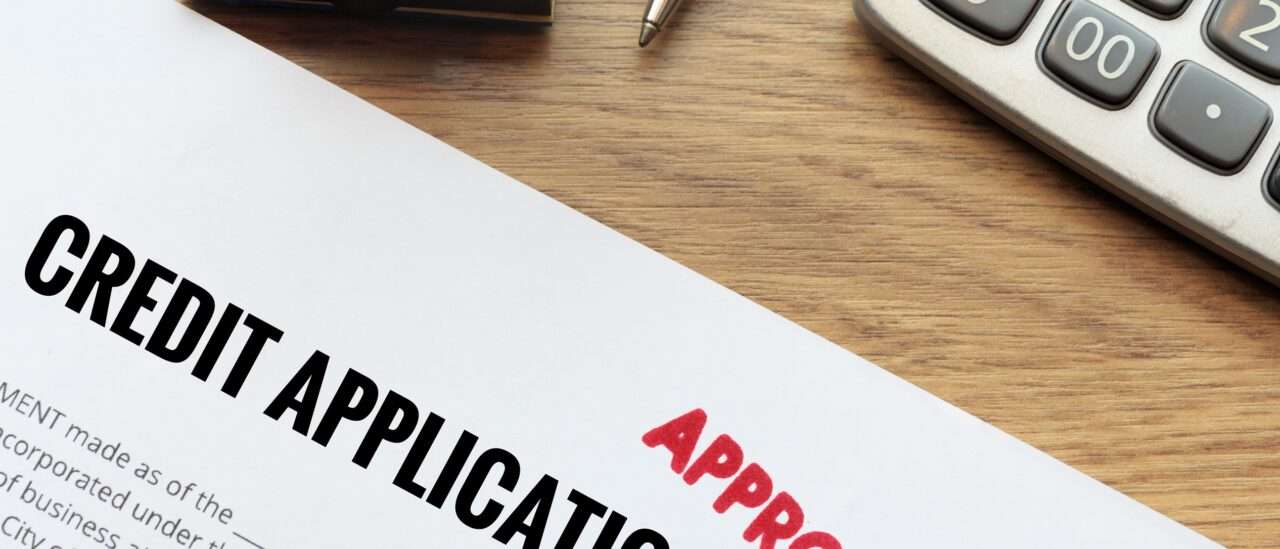Before extending credit to new customers, you’ll want to know if they’re able to pay, likely to pay, and likely to pay on time. This article will discuss how to vet new customers and make good credit decisions that avoid the need for B2B collections.
To Avoid B2B Collections, Determine If The New Customer Can Pay
Start with a detailed credit application, which asks for information like sales volume and average bank balances. This information is helpful if the customer answers honestly, but it still pays to be wary. To avoid B2B collections, you’ll want to start slowly and let the customer build its credit with you over time.
To Avoid B2B Collections, Know The New Customer’s Credit History
A company’s credit history is a good indicator of what you can expect, and whether you’re likely to find yourself in B2B collections.
Credit applications are helpful but limited for determining the customer’s credit history. On the one hand, they usually request trade references from the new customer. On the other hand, the customer may list the creditors it pays and omit the ones it doesn’t.
However, a business credit report from agencies like Experian or Dun & Bradstreet will provide credit scores, payment histories and helpful public records like judgments and bankruptcies. You can use this information, good or bad, to gauge if the company’s likely to pay you and on time.
Gauging your customer’s ability and willingness to pay is crucial to avoiding B2B collections. A detailed credit application, and in some cases a business credit report, are your keys to making informed credit decisions about a new customer.
For more information on B2B collections, or if you’d like to discuss a specific collection issue, call me at 856-667-1669 or contact me here.
This material is for informational purposes only and should not be construed as legal advice. No person should rely on this information without seeking the advice of an attorney.
